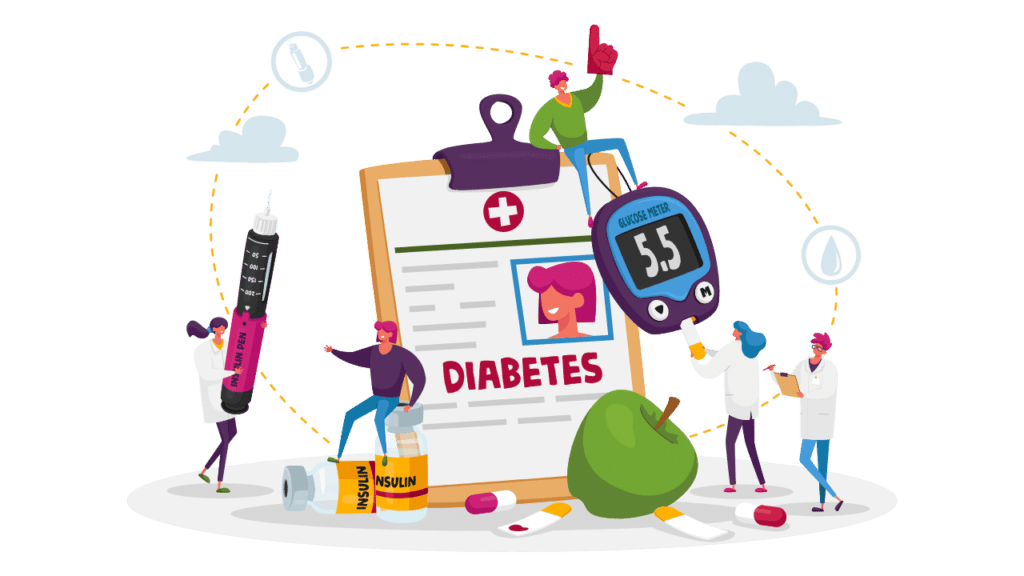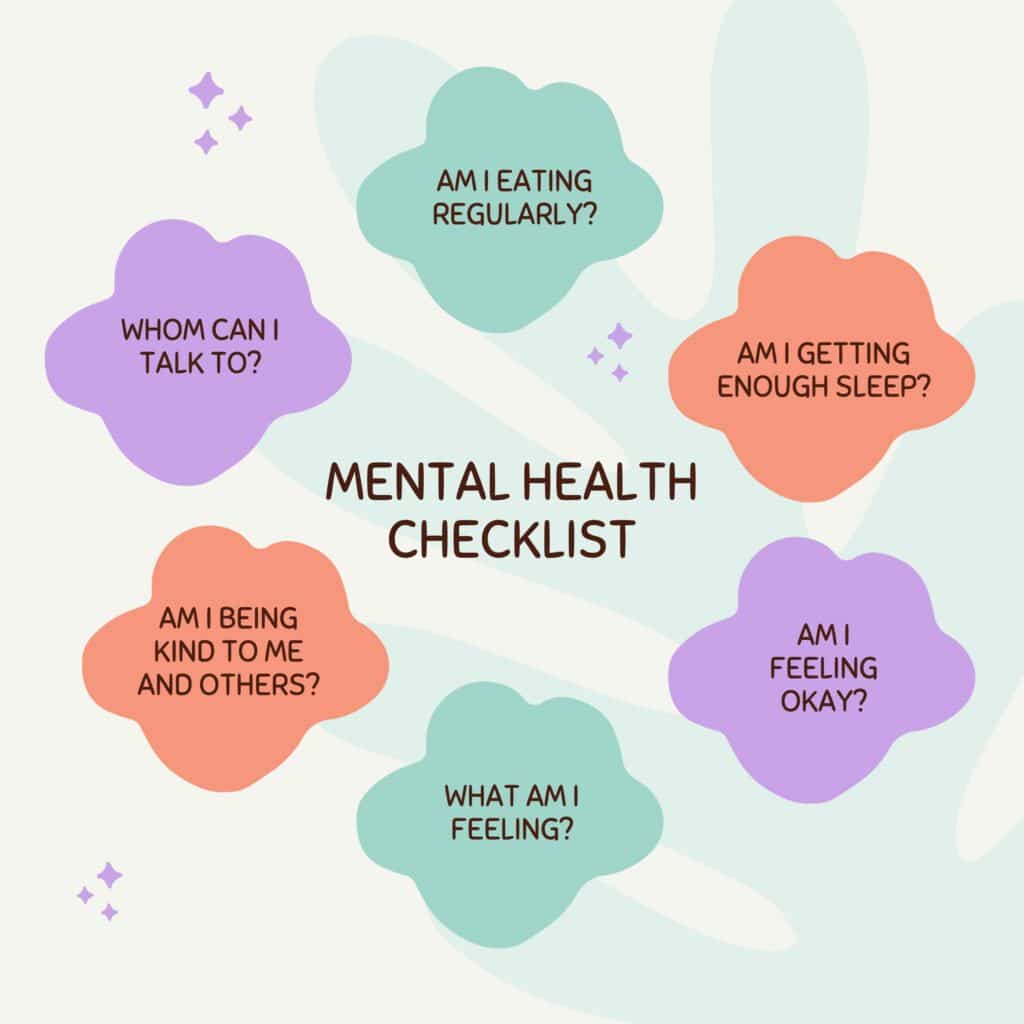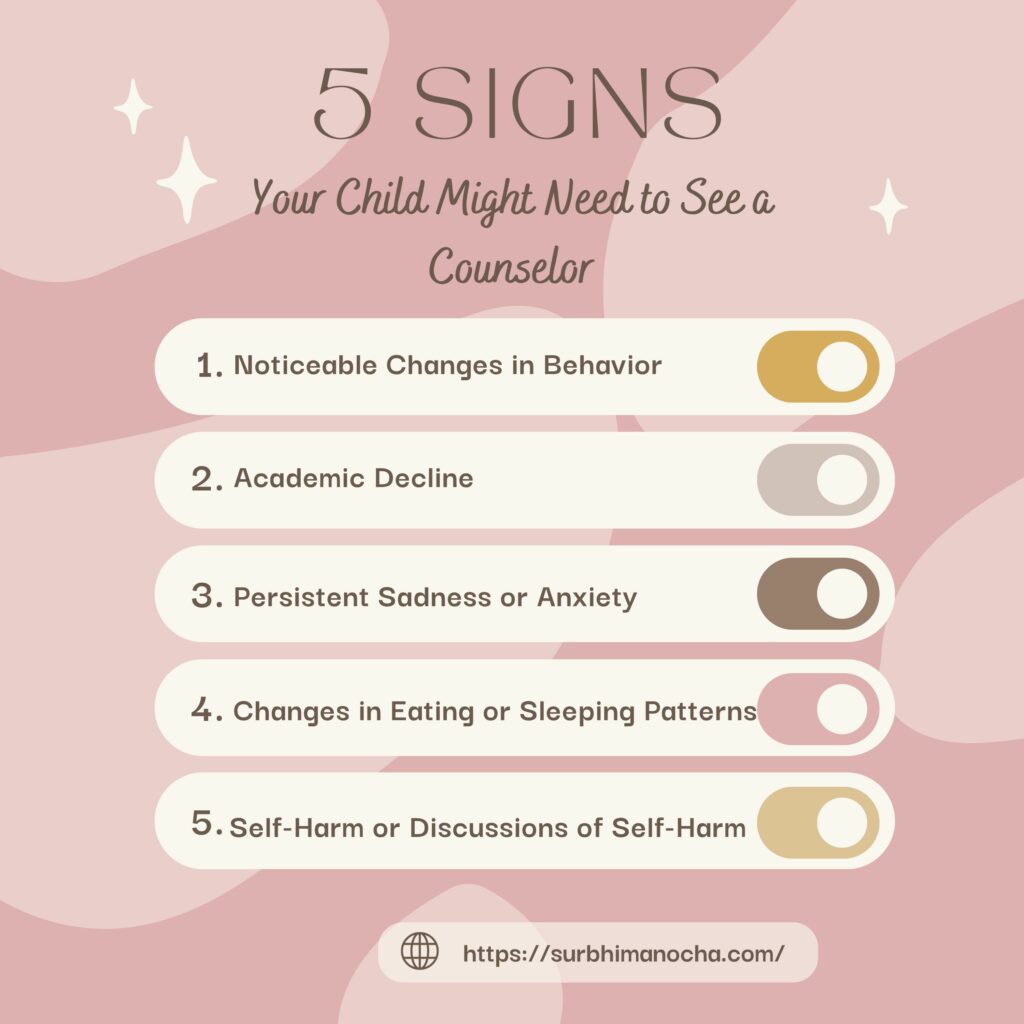Impact of Type1 Diabetes on Mental Health

Share This Story
Diabetes Mellitus (commonly known as Sugar) is a metabolic disorder characterized by higher-than-normal blood glucose level. It results from defects in insulin secretion, insulin inaction or both.
There are two main types of Diabetes: Type 1 and Type 2. In this article, I’m specifically going to talk about Type 1 Diabetes.
Type 1 Diabetes (formerly known as insulin-dependent diabetes) is a chronic condition in which the pancreas produces little or no insulin. Insulin is a hormone which travels in bloodstream and signals the cells to absorb glucose from the blood. Glucose provides energy to the body. Without insulin, the glucose level in blood rises as the bodily cells do not absorb it. This leads to disorder, damage and less energy levels in the body.
Since Type 1 diabetes is commonly diagnosed between ages 10 and 16, it is also known as juvenile diabetes. About 5% of people with diabetes have Type 1 and it equally affects males and females. Its symptoms include extreme thirst, increased hunger (especially after eating), dry mouth, frequent urination, fatigue, crankiness or mood changes etc.
Type 1 diabetes is a lifelong disease. Its treatment requires insulin injections two to four times per day with strict regulation of insulin level and diet. In order to properly regulate insulin level, people with type 1 diabetes need to monitor their blood sugar levels several times per day. They can either do this by testing their blood sample or by using insulin pumps. (Insulin pumps deliver a regulated dose of insulin through a needle implanted under the skin. The insulin pump is worn in a pack on the body. Some pumps include a sensor that constantly measures the level of blood sugar, and adjusts the dose of insulin accordingly).
I have seen two clients of Type 1 diabetes in my private practice of 3+yrs. Both of them were adolescents between 14-18yrs. In both cases I could see Type 1 diabetes taking a mental toll on the child. Nobody is mentally prepared for a chronic disease. And same was the case with my two clients.
Now since you are familiar with the definition, symptoms and treatment of Type 1 diabetes, I would like to elaborate how it took a mental toll on my two clients.
- Regular monitoring of insulin led to distraction and breaking of flow from their current activity.
- Injecting insulin 3-4 times per day became a tedious job. Moreover, it was painful as described by one of my clients while bursting into tears.
- Strictly regulating diet on a daily basis forever is another challenge which needs acceptance. Children are usually fond of junk food, brownies, shakes etc. My client shared how her life came to a halt after she got diagnosed with diabetes. She could not share food with friends on many occasions and could not go on casual outings with mother to have her favorite brownie and shake.
- Regular exercise is also very important to manage diabetes. My clients’ hectic schedule included getting up early morning to leave for school, attending back-to-back coaching classes after school, and doing self-study. This left them with negligible time and energy to devote for exercise.
- Lowered energy levels and fatigue experienced during Type 1 Diabetes implied restriction of my clients’ participation in sports activities, annual function and other competitions in school.
- Parental anxiety and strictness also led to my clients feeling anxious and lonely. After the diagnosis, they felt that their relationship changed with their parents. The interaction between my clients and their parents was majorly limited to and centred around management of diabetes. This further made them feel irritated, frustrated and angry.
- In one of my client’s case, lack of complete knowledge among parents about the disease led to subtle blaming on my client for getting the disease. The parents, especially the father, blamed her for not being careful enough with her consumption of sweets. While the fact is that diet and lifestyle habits do not cause Type 1 diabetes as proved by scientific research.
- Sometimes parents don’t completely understand how (Type 1) diabetes impacts the child on day-to-day basis. This results in academic pressure and expectations being constant on the child due to which the child feels burdened and overwhelmed.
- My client wanted to excel in her academics and had a personal goal of giving her best in academics for these 4yrs of her school life starting from IX std. and it was only the starting of her current grade that she got diagnosed with diabetes. The diagnosis came as a huge disappointment and she felt as if her dreams are shattered forever.
- Both my clients also shared how their socialization got restricted after the diagnosis. They didn’t want to go on outings with friends or attend their birthday parties. They even avoided school trips. Reasons included restricted diet, lowered energy levels in the body and endless suggestions, advices and scary stories about diabetes from people who knew about their diagnosis. Their sympathy made my clients feel as if their identity was reduced only to the diagnosis.

All this led to lowered self-esteem and increased mental health concerns among my clients. They went into their shells and constantly asked themselves as to “why them?” Why couldn’t they lead a “normal” life like others? Why couldn’t they enjoy the simple things in life such as playing outdoors, eating whatever they wished to at any given point of time during the day? and so on… The list of questions seemed overwhelming and endless implying that acceptance for this disease was hard to come.



